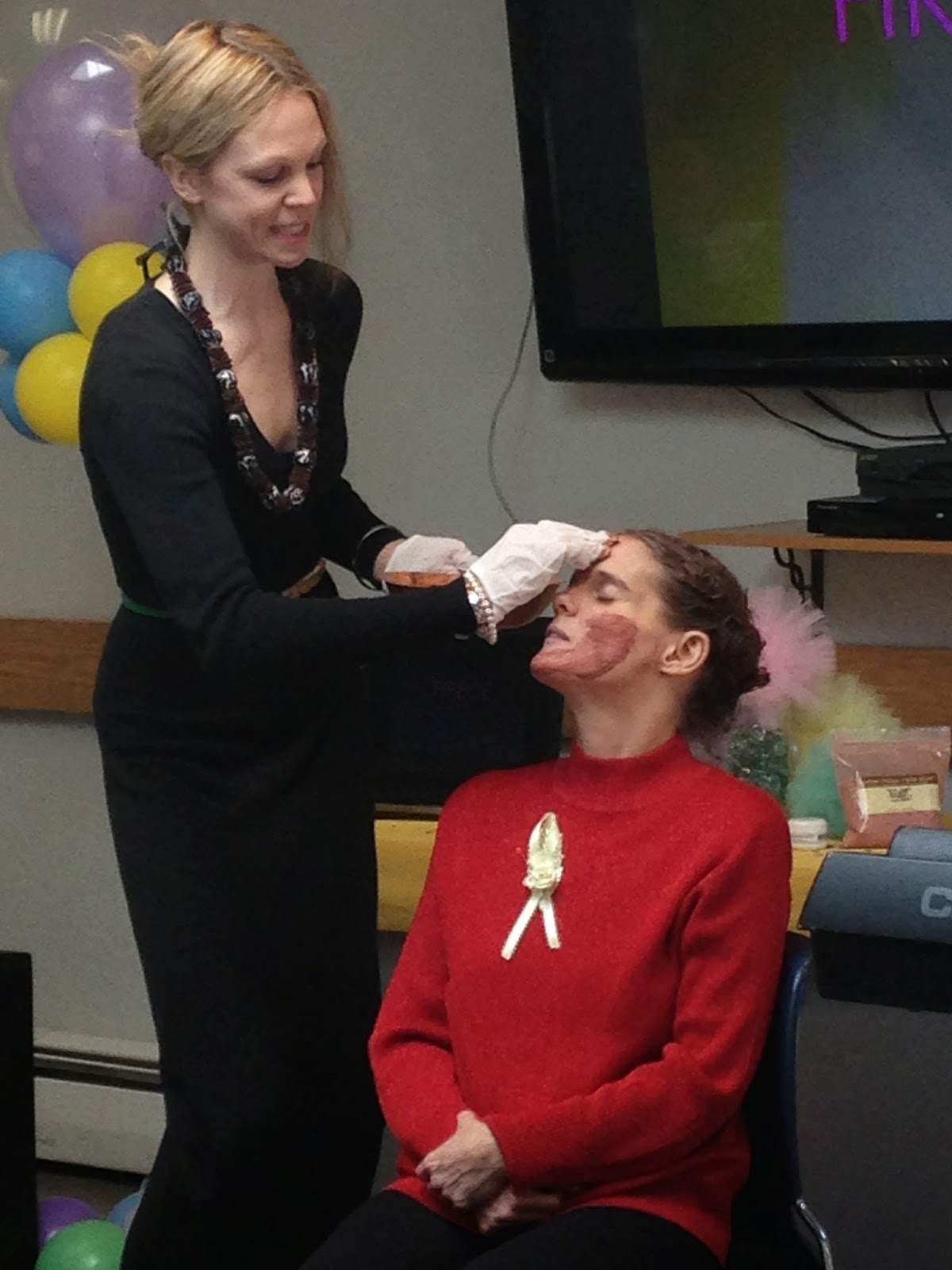BEHAVIORAL HEALTH NEWS
By Peter Provet, PhD
The key component of integrated care – coordination of primary and behavioral health services in a way that is accessible from one place – is not a new concept for many substance abuse treatment organizations, such as Odyssey House in New York City, that operate Article 28 licensed medical and dental services as part of comprehensive residential and outpatient treatment. Odyssey House opened its first NYS Department of Health-licensed primary medical clinic in 1992. Staffed by primary care physicians, psychiatrists, and registered nurses, this clinic, co-located in a residential treatment center, was an early model of integrated care. For close to 25 years, our residents have benefited from accessible, on-site services that provide coordinated medical, dental, and behavioral health care across a multi-site system of treatment and housing services.
Early on, substance abuse treatment professionals realized bringing primary care into the treatment community offers clients significant benefits including: integration of medical, psychiatric, pharmacy, prevention, and social work services, and less missed time from treatment. On-site medical clinics were found to reduce use of emergency rooms for non-urgent care, improve management of preventable conditions such as asthma, diabetes, and hypertension and treatment outcomes by encouraging clients to stay in long-term programs.
A 2013 report by the Center for Integrated Health Solutions, published jointly by the Substance Abuse and Mental Services Administration (SAMHSA) and Human Resources Administration (HRA), looked at integrated primary care services and substance abuse treatment and convincingly found that the integration of physical health and addictions care not only helps reduce barriers to primary care, it also enhances recovery from substance abuse.
“In fact,” the report states, “two or more primary care visits in a 6-month period have shown to improve abstinence by 50 percent in individuals with substance abuse disorders, and those with medical conditions related to substance abuse are three times more likely to achieve remission over 5 years. Regular health and addictions care for people with substance abuse disorders also decreased hospitalizations by up to 30 percent. Lastly, substance use screening and services improve the general health of individuals with co-occurring substance abuse and physical health conditions and reduce the overall costs to the healthcare system.”
Today’s model of integrated care, ushered in by passage of the Affordable Care Act (ACA) in 2010 and the earlier Mental Health Parity and Addictions Equality Act (MHPAEA) in 2008, provides opportunities for behavioral health care organizations to further develop integrated care services. According to SAMHSA, ACA expands benefits to approximately 60 million Americans. This legislation mandates coverage of certain preventive services and, together with MHPAEA, ensures health insurers provide the same level of benefits for behavioral health.
This, as we know, is all good news for people in need of substance abuse and mental health treatment who also have physical health needs. Studies have shown that individuals with substance use and mental health disorders who also receive treatment for medical conditions demonstrate improved outcomes in both behavioral and physical health. The demand for medical services is further supported by advances in addiction treatment medication which require appropriately trained staff to administer and monitor these medications for opioid and alcohol addictions.
With the expansion of services comes significant changes to the way Odyssey House, and other behavioral health organizations, must deliver care. Chief among them in New York is a restructuring of Medicaid under the DSRIP (Delivery System Reform Incentive Payment) as part of the Medicaid Redesign Team’s mandate. This effort is charged with reducing avoidable hospital visits by 25 percent over five years by transforming systems and clinical management, and improving population health. Achieving these goals requires the integration of several systems of care from community-based clinics and hospitals, to supportive housing and rehabilitation services.
Positioning for the New Health Care Marketplace
As we prepare for, and participate in, the restructuring of health care services, Odyssey House is gearing up to expand community-based primary, behavioral health, and dental services located at our Family Center in East Harlem and outpatient center in the South Bronx. We are currently included in three Preferred Provider Systems (PPS) that include Mount Sinai, Bronx Lebanon, and Health and Hospital Corporation of New York, and have executed numerous contracts with managed care companies for primary and behavioral health care.
Our services are aligned with the core Health and Recovery Plan (HARP) principles that require Medicaid beneficiaries with mental illness and/or substance use disorders be provided with services in their own communities. These include an array of mandated Home and CommunityBased Services (HCBS) that are:
- Person-centered
- Recovery-oriented
- Integrated
- Data-driven
- Evidence-based
- Trauma-informed
- Peer-supported
- Culturally competent
- Flexible and mobile
- Inclusive of social network
- Coordinated and collaborated.
As an HCBS provider Odyssey House is designated to provide the following behavioral health services:
- Community psychiatric support and treatment
- Psychosocial rehabilitation
- Habilitation/rehabilitation support services
- Family support and training
- Pre-vocational services
- Ongoing supported employment
- Educational support services
- Empowerment services – peer supports.
Another way we are preparing for changes in the integrated behavioral health care environment is by exploring an FQHC Look-alike designation at our Family Center in East Harlem. While FQHCs qualify for enhanced reimbursement from Medicare and Medicaid, as well as other benefits, they must serve an underserved area or population, offer a sliding fee scale, provide comprehensive services, have ongoing quality assurance programs, and have an independent governing board of directors.
The criteria demanded to provide integrated primary and behavioral health care are aligned with the 48 year-old mission of Odyssey House to provide high-quality, holistic, treatment impacting all major life spheres: psychological, physical, social, family, educational and spiritual.
While the new regulatory environment brings challenges to how we manage our limited resources, who we partner with, and how we monitor the health needs of the individuals we serve, the benefits of an integrated system promise improved care for underserved Americans, not least among them the millions of individuals with substance use and/or mental health disorders.






